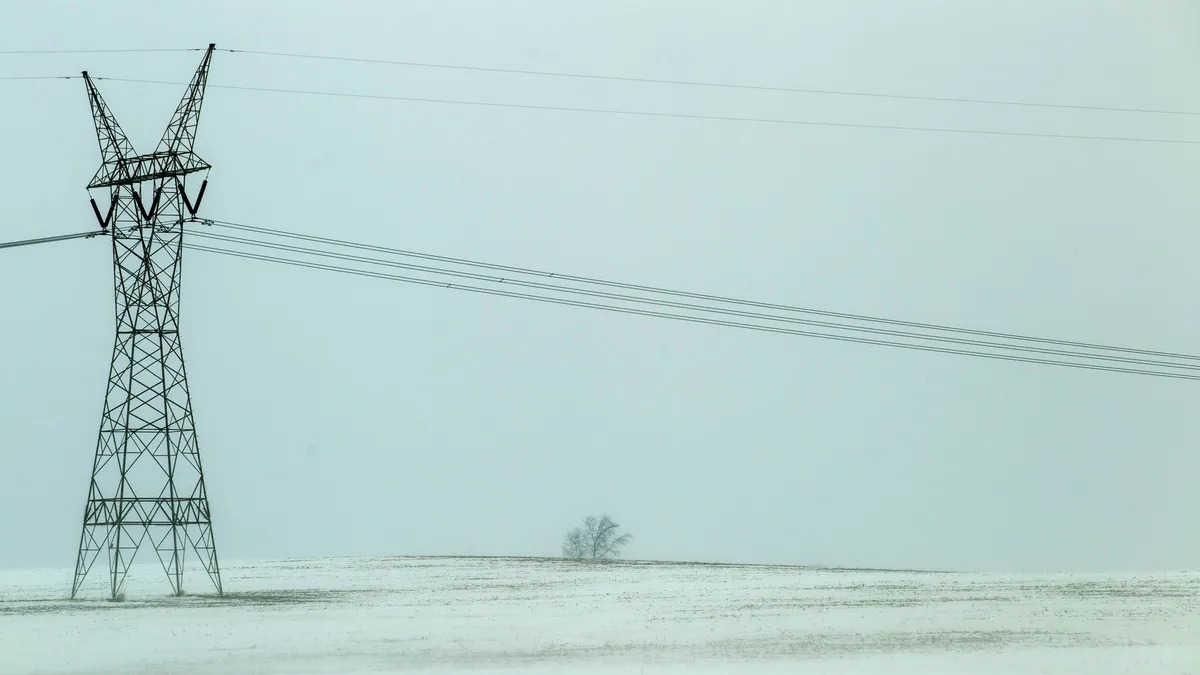The Midcontinent Independent System Operator and the Tennessee Valley Authority will be able to sell “emergency energy” to each other under a first-ever agreement filed Thursday at the Federal Energy Regulatory Commission.
The TVA is not able to supply emergency energy directly to MISO due to restrictions in the TVA Act that limit exports only to neighboring electric systems that the federal agency had exchange power arrangements with as of July 1957, according to MISO’s filing.
As a result, under the agreement, Ameren and Entergy — MISO members that meet the requirements of the TVA Act — will be able to buy electricity from the TVA during energy emergencies on behalf of MISO.
“Due to the changing configuration of the grid and recent emergency events, like Winter Storm Elliott, MISO and TVA have become increasingly focused on the need for additional coordination and planning to better ensure reliability in an emergency,” MISO said. “To that end, each has identified the need to purchase Emergency Energy from the other to maintain the reliability of each individual transmission system and, more generally, the integrity of the Eastern Interconnection.”
During Winter Storm Elliott in December 2022, about 7,000 MW flowed from MISO into the TVA’s region, according to a presentation by FERC and the North American Electric Reliability Corp. The TVA instituted nearly eight hours of rolling blackouts totaling 3,000 MW at their peak during the winter storm.
Under the agreement, emergency energy can only be requested when an Energy Emergency Alert Level 2 or higher has been declared, MISO said. The proposed agreement is similar to ones MISO has with other balancing authorities, the grid operator said.
“Emergency Energy is typically only called on in the most extreme cases when reliability is threatened and there are few options remaining,” MISO said. “Both MISO and TVA anticipate that there may be situations in the future that will meet this criteria and having the ability to purchase Emergency Energy from each other may be the key to enhanced grid stability and avoiding load shed.”
MISO asked FERC to allow the agreement to take effect on Dec. 24.















